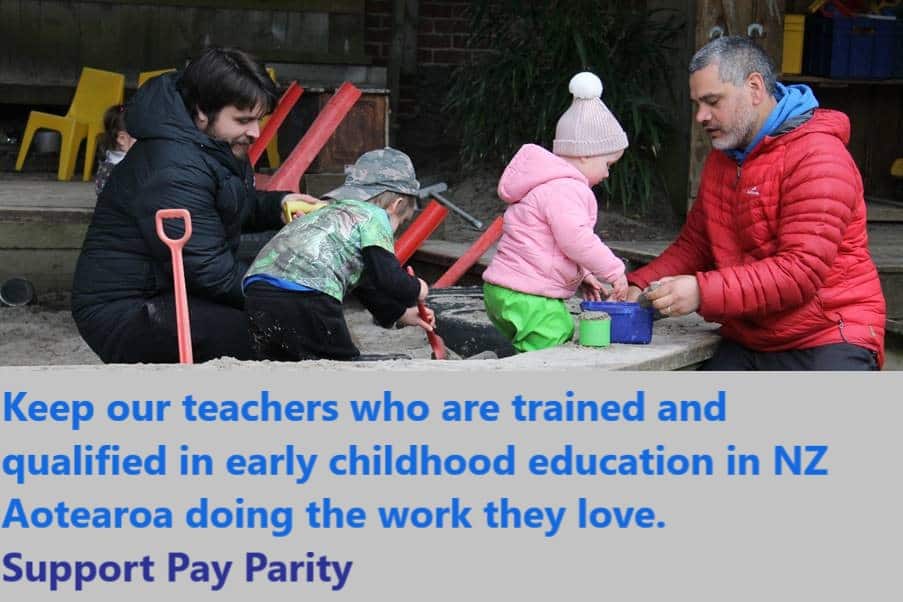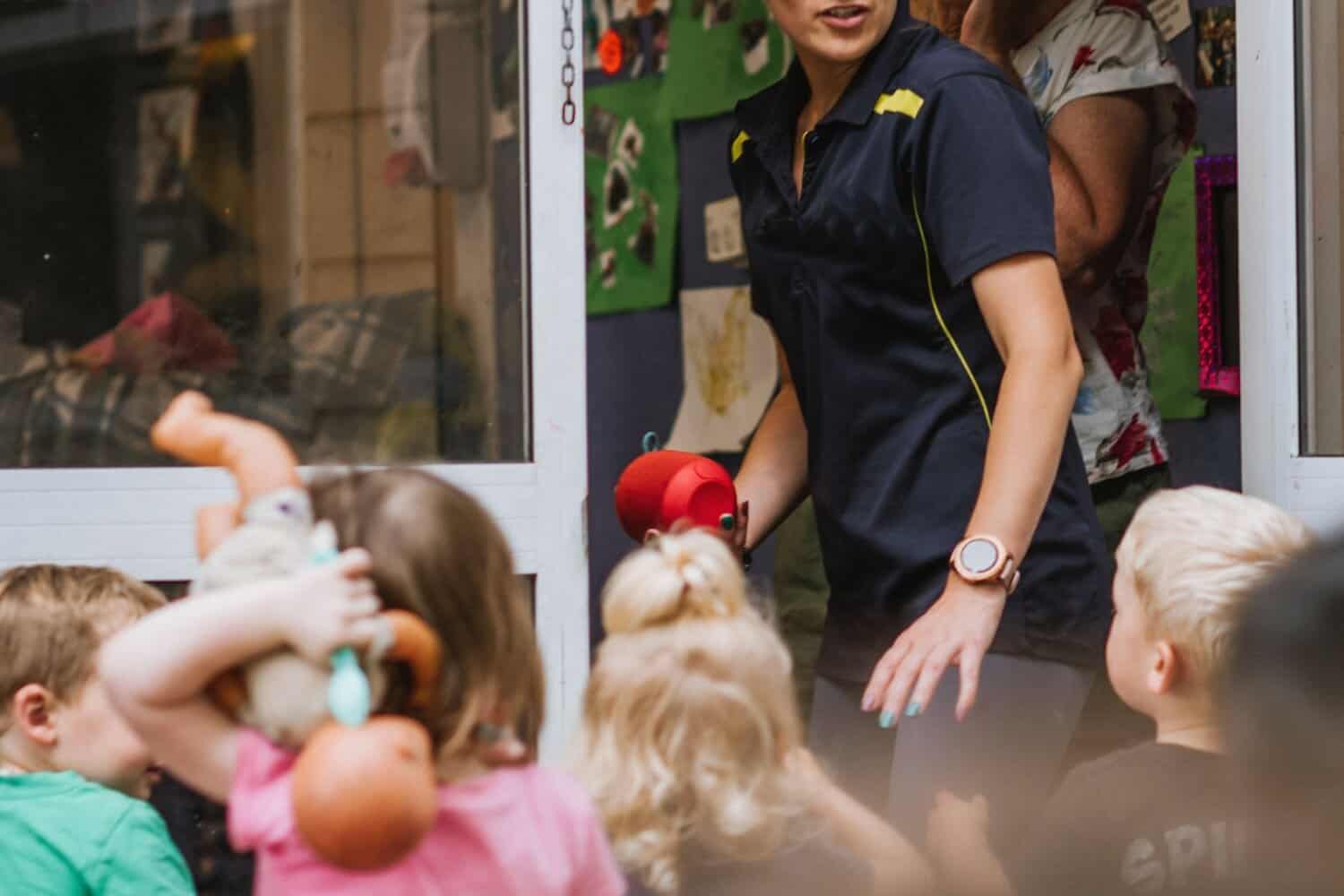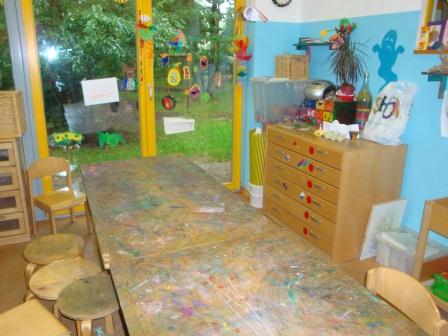Kids are reportedly starting school without being toilet trained. The education minister says she’s concerned, so why is her government introducing policies that will make the problem worse?
OPINION –8 Aug 2025
Education minister Erica Stanford is apparently concerned that children are starting school without being toilet trained.
The Press reported this week that Stanford spoke to primary school principals about the problem at a meeting in Southland in July.
It is “not safe, or hygienic or OK to be changing nappies at a school, which I know happens in some instances,” she is quoted in the story as saying.
The Office of Early Childhood Education agrees that it’s worrying that children are reportedly starting school lacking basic life skills.
However, in our view, policy changes recently introduced by the Government that Stanford represents will only exacerbate the issue.
Last week, Stanford’s colleague, associate minister for education David Seymour, announced the introduction of the Education and Training Amendment Bill, which will specifically state that the role of ECE is to support parents to participate in the labour market.
The ECE regulation review, also led by Seymour, has meanwhile not recommended tightening requirements for toilet privacy. Instead, centres (including those licensed for up to 150 children) are allowed to provide children with only one toilet that gives ‘them a sense’ of privacy but may still mean they are fully visible to adults.
We believe that stipulating that the main purpose of ECE is to provide parents with childcare so that they can work, as the Government has done in the new Bill, is not in the best interest of tamariki or whānau.
Children’s development of skills, such as using the potty and toilet, is best supported by parents and teachers working in partnership. This partnership is undermined when parents are valued only in terms of their contribution to the labour force – and ECE is considered to be no more than a babysitting service.
We routinely hear from parents whose 3- or 4-year-old child has been using the toilet independently, but starts wetting themselves after starting in long-day care. We’ve also been told of instances of children in long-day care reverting back to having wetting and faecal accidents because of stress within the centre environment, or being told that they have to wait to use the toilet or must ask permission first.
Our position on the current licensing requirement for toilet privacy is that it does not protect children’s wellbeing or dignity.
In the OECE’s submission to the Ministry of Education on the proposed changes to ECE licensing criteria, we wrote:
“It should not be possible for any adult who is standing outside or in a centre building to see children taking down their pants and using a toilet, but it is…. Teachers have reported to us the difficulties of caring for children when they have refused to use the toilets at the ECE service, and that children will hold on until they get home, or will soil their pants.
“We were told about one child who found a creative solution of peeing discreetly down his trouser leg into one of his gumboots to avoid using the toilet.”
The OECE would like to see the regulatory requirement updated so that centres are required to ensure all toilets provide children with privacy when using them.
In our view, if Stanford really cares about children starting school lacking basic life skills, such as the ability to use the toilet, she should stand against the harmful regulatory and policy changes her Government is proposing and advocate for better practice.
To do this, the education minister would need to take charge of the ECE portfolio, which Seymour is currently responsible for.
Afterall, actions speak louder than words.












